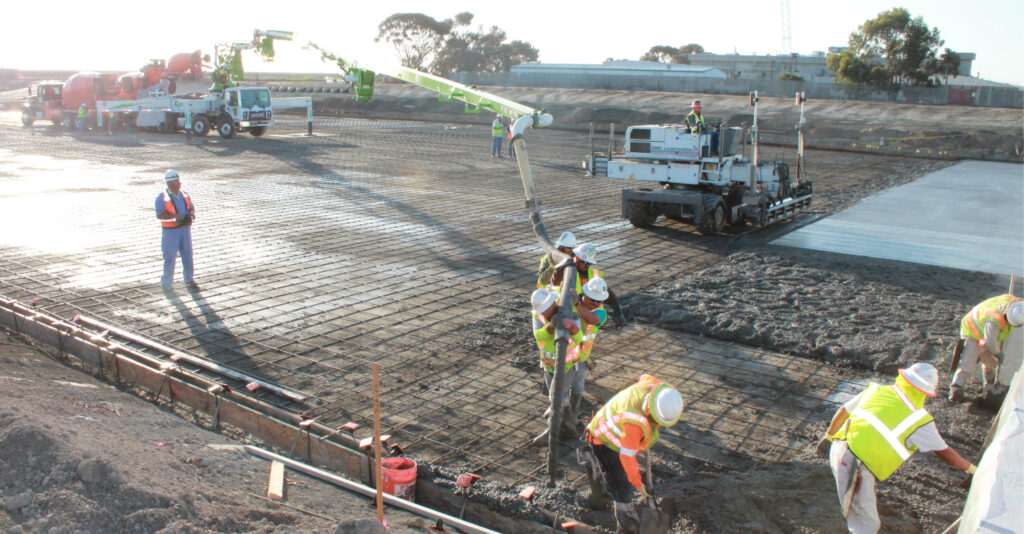
Water is one of the most critical resources on construction sites, and its management plays a pivotal role in ensuring smooth operations. In India, where water scarcity can be an issue in many regions, efficient water storage solutions are essential for the construction industry. Whether it’s for mixing concrete, dust suppression, worker needs, or other construction-related activities, having a reliable water storage system is vital. This article explores the various water storage solutions available for construction sites in India, considering the challenges, benefits, and best practices.
Importance of Water Storage on Construction Sites
In the construction industry, water is used in several stages of the project. It is essential for mixing cement and other building materials, curing concrete, controlling dust, and providing potable water to workers. However, many construction sites, especially those in urban or rural areas with limited water supply, face challenges in accessing a constant source of water. This makes the need for reliable, efficient water storage solutions even more pressing.
Additionally, water shortages can cause delays and interruptions in construction work, ultimately leading to cost overruns. To avoid these issues, having a well-planned water storage system becomes a crucial aspect of site management.
Types of Water Storage Solutions
Water Tanks:
Water tanks are the most common and widely used water storage solution on construction sites. These tanks can be made of various materials like plastic, fiberglass, or steel, and come in different sizes depending on the needs of the site. Mobile water tanks are also commonly used, especially on large-scale projects, as they can be relocated to different parts of the site as needed. They provide a flexible and cost-effective solution for storing water in both urban and rural locations.
Overground and Underground Reservoirs:
For large construction projects, particularly those that are expected to last for months or years, overground or underground reservoirs can be an effective solution. These reservoirs are permanent installations that can store large quantities of water. They are more expensive to set up compared to mobile tanks but provide a long-term water storage option that can be used throughout the duration of the project.
Rainwater Harvesting Systems:
India receives monsoon rains for a significant portion of the year, making rainwater harvesting a feasible and sustainable option for construction sites. By installing rainwater collection systems on site, construction companies can capture rainwater runoff from roofs and other surfaces and store it for later use. This method not only helps in reducing the demand on municipal water supplies but also promotes environmental sustainability.
Water Cisterns:
Water cisterns, typically used for smaller-scale operations, can be used to store potable water for workers. These are smaller containers compared to large tanks or reservoirs but can be strategically placed around the site to ensure access to clean drinking water at all times.
Best Practices for Water Storage
1. Regular Inspection and Maintenance
All water storage systems, whether tanks or cisterns, must be regularly inspected and maintained to ensure they remain free from contamination. This includes cleaning the tanks and checking for leaks.
2. Water Conservation Strategies
Construction sites should implement water-saving strategies such as reusing water for dust suppression and avoiding excessive use during non-essential tasks.
3. Backup Systems
It is essential to have a backup water supply to avoid shortages during peak demand. This can be achieved by using multiple storage tanks or connecting to local water suppliers.
Conclusion
Water storage solutions are integral to the smooth functioning of construction projects in India. With the increasing demand for water on construction sites, the need for reliable, sustainable, and cost-effective storage systems has never been more crucial. By selecting the right water storage solution, maintaining quality control, and adopting water conservation practices, the construction industry can address water scarcity issues while ensuring the timely completion of projects.


